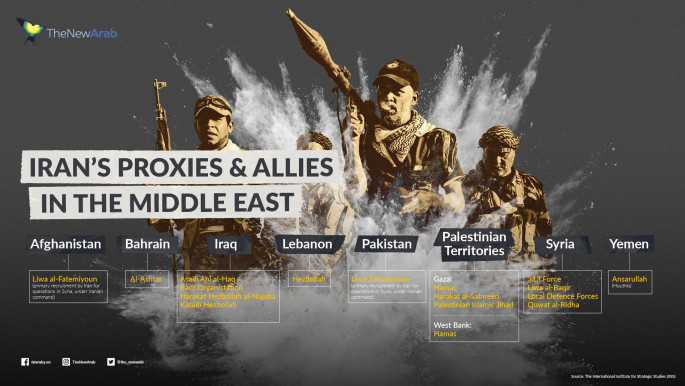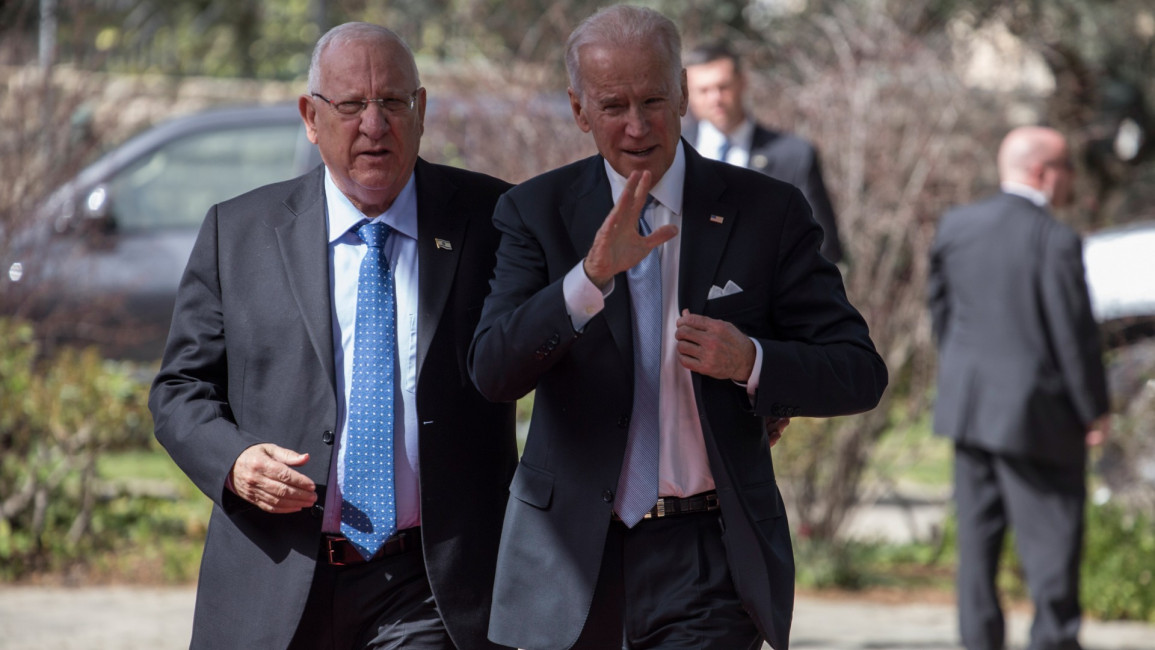Israel and US hold 'strategic talks' as Natanz attack overshadows Iran nuclear negotiations
On Tuesday, the US and Israel met virtually for another set of strategic meetings, according to a report by Axios.
It comes ahead of a second round of talks between world powers and Iran - attended indirectly by the US - in Vienna on Wednesday, on rekindling the nuclear deal, which Washington abandoned under former President Donald Trump in 2018.
It also follows a series of tense moments in the region, including an explosion at Iran's Natanz nuclear facility two days ago, a controversial site considered among Tehran's most important for uranium enrichment.
A week earlier an Iranian oil tanker was attacked in the Red Sea. Although no one has claimed responsibility for these incidents, it is generally thought to be Israel. On Tuesday, there were reports of an Israeli ship being targeted in the Gulf of Oman with fingers pointing at Iran.
"Israel is weighing in," James Devine, associate professor of politics and international relations at Mount Allison University, told The New Arab.
"It looks like on this issue the US and Israel have divergent policies."
For Israel, Iran is seen as a security threat that needs to be isolated. The US, under new President Joe Biden, sees an isolated Iran as having a higher potential to develop nuclear weapons.
|
||
Nevertheless, this meeting between the two countries "signals that the US takes seriously its close ties with Israel and will seek to incorporate the official Israeli viewpoint into its position", Elizabeth Shakman Hurd professor of political science at Northwestern University, told The New Arab.
Read also: Israel says it will ensure a 'new' Iran nuclear deal protects its interests
"Whether that is possible or not remains to be seen. I suspect not."
Muhammad Sahimi, a professor of chemical engineering and materials science at the University of Southern California, sees Tuesday's meeting as a way for the US to reassure Israel of its support and to brief Prime Minister Benjamin Netanyahu on the talks in Vienna.
"This, of course, is also interpreted by Tehran that the US 'needs' Israel's permission to move forward with the negotiations, and therefore will not be looked at kindly," Sahimi told The New Arab.
So far, it is not clear whether Israel's apparent recent maneuvers will work to its advantage, or that of the US.
On the one hand, these attacks on Iranian property, particularly Natanz, could strengthen the US position with a weakened Iranian nuclear facility.
This also has the potential to harden Iran's stance in the face of what it sees as an unfair and illegal attack.
"On both sides, a game is being played to see who can get the advantage," Kanishkan Sathasivam, a professor of political science at Salem State University, told The New Arab.
He expects that the US and Iran will return to the original Joint Comprehensive Plan of Action - as the nuclear deal is officially known - which Israel and the Gulf states will not be happy about.
As the deal continues Sathasivam move forward, he expects Israel to take more action against Iran.



